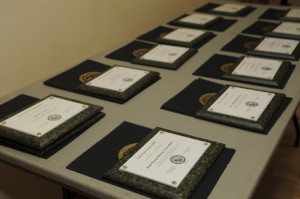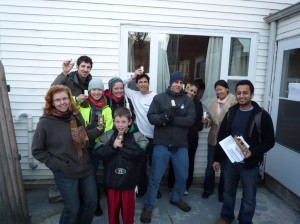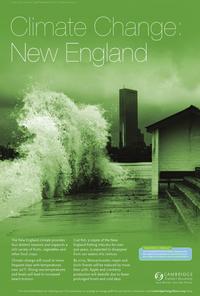by congress planning committee member Joanna Herlihy:
 The second session of the Climate Emergency congress was even livelier that the first. Delegates found that prioritization of their recommendations had not progressed much beyond the ‘laundry list’ categorization of the ‘Draft Recommendations’ issued a few weeks earlier. Apparently this was partly due to technical and organization problems with incorporating responses to the online survey, most of which came in during the last few days.
The second session of the Climate Emergency congress was even livelier that the first. Delegates found that prioritization of their recommendations had not progressed much beyond the ‘laundry list’ categorization of the ‘Draft Recommendations’ issued a few weeks earlier. Apparently this was partly due to technical and organization problems with incorporating responses to the online survey, most of which came in during the last few days.
The version of the recommendations presented to the second session included a new proposal advanced by the drafting group to encapsulate suggestions to set up provisions for ensuring citizen participation in and adequate city staffing for follow-up on the recommendations.
The next breakout into small groups was self-organized by delegates according to ‘open space’ principles, grouping according to areas of interest, which resulted in several potential task forces that intend to continue working in the areas of environmental justice, education, building energy efficiency, and urban forestry. Discussions on goal-setting and how best to coordinate city-community initiatives would have been useful but did not occur.
The finale, which extended an hour overtime, focused on whether the congress should endorse some broad principles or recommend formation of a City Manager-appointed committee of citizens to promote and coordinate response to the climate emergency. In the general discussion, observations ranged from “the city already has such a committee with almost the same mission” (Climate Protection Action Committee) to “such citizen groups function better independently of the city government”.
The facilitator’s suggestion that the option of a citizen committee be voted on without specifying who would appoint it was rejected. An intriguing new suggestion was advanced during the discussion: add authority over a ‘carbon budget’ to the duties of the city council-appointed City Auditor. The congress finally agreed to reconvene for a third session, probably in March, to vote on some well organized recommendations in printed form to strengthen local climate protection efforts.
 It is time again for the city of Cambridge’s Go Green Awards, which recognizes businesses and organizations that take exceptional environmental actions in at least one of five areas—energy use, transportation, waste reduction, stormwater, and climate protection. Self nominations are accepted.
It is time again for the city of Cambridge’s Go Green Awards, which recognizes businesses and organizations that take exceptional environmental actions in at least one of five areas—energy use, transportation, waste reduction, stormwater, and climate protection. Self nominations are accepted.

 On Sunday, February 21, eighteen volunteers participated in a community canvass campaign to spread awareness about simple home improvements to save money, energy, and the planet. The event organized by the
On Sunday, February 21, eighteen volunteers participated in a community canvass campaign to spread awareness about simple home improvements to save money, energy, and the planet. The event organized by the 



